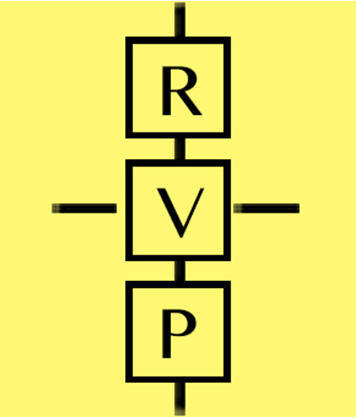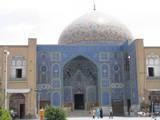|
Invitation
to an International conference
Identity and Otherness
Chandigarh, India
January 6-7, 2013
with
Panjab University, Chandigarh, India
Theme
The term identity refers
to such features of people as their race, ethnicity,
nationality, gender, religion and sexuality. Labels of identity
like men, Americans, Indians, Catholics, Buddhists, and so on
generate ideas about people who fit the label. These ideas shape
the ways people conceive themselves and their projects. More
often than not, people conceive the idea of a 'good life' also
by reference to the available labels of identification. Every
collective identity is said to have certain genus of structures:
First, it requires the availability of terms in public discourse
that are used to pick out the bearers of identity. Normative
content of a group of people as well as their particular
identities with a particular label is determined by its bearers.
Identity
is an abstract concept that has a metaphysical import. Its
referent cannot be pointed at and said to be this or that. To
identify is to delineate or isolate the features which mark out
from others and hence of a conflict. Thus to talk of identity is
to talk of relation of otherness, which forms the basis of the
underlying philosophical problem of identity. When we say that
identity implies a relation of otherness, what is meant is that
issues which are related to identity must begin from recognizing
and appreciating identity both in nature and society as
contrasting, which can entail conflict.
During
the past many centuries, Indian understanding of identity is
shaped and supported bycaste
identity. This
was vigorously supported and often vitiated by the stratified
social system with an absolute impossibility of crossing one?s
caste. It is legitimized and enacted by a theological, social
and cultural ontology that can draw toward less generous
interpretations of such doctrines as Karma, Svadharma, Advaita
and Yoga.
Even today, caste has not
lost its ontological status. This points
also to the implication that caste is the basis of solidarities
and collective identities. Defined from the aspect of being,
caste may be regarded as the historically and culturally located
categorization of human persons involving certain visual
determinants such as colour, ascribed social origin, etc. Caste
considerations obtained their metaphysical validity and efficacy
through the medium of human cognition, which has been considered
as anvikshiki or
philosophy in India. Thus considered, they are the explicit
manifestation of two kinds of ontologies that this tradition and
culture has brought forth; the first one may be called as the
ontology of permanence and the second may be called the ontology
of impermanence. Thus, there are two conceptions of reality in
this culture and the philosophies and world-view in this
tradition may be categorized in terms of these two categories of
ontologies.
Themes/Sub-Themes
The department identifies the following
themes/ sub-themes for an in-depth study under the proposed
seminar. They are:
-
General
Categorization of Identities: Human Consciousness and
Cultural Freedom.
-
Cultural Traditions
and Human Subject: Individualization and Globalization.
-
Person and
Identities: The Indian Tradition.
-
Caste Identity and
Otherness: Philosophical Issues
-
Identity and
Otherness: Phenomenological Elements
-
Identity and
Otherness: The Metaphysical Elements
-
Cultural Creativity
and the Creative Self: Identity as Value Signifier.
-
Otherness and
Complemetarity: Emmanuel Levinas
-
Human Rights, Human
Dignity and the Other
Contact
In
addition to the above sub themes, the seminar welcomes
discussions on other issues that are significantly related to
the central thematic content elaborated above. Proposals or
abstracts of approximately 300 words should be sent to
Professor Sebastian
Velassery
Department of philosophy
Panjab university
Chandigarh-160 014
India
velassery53@hotmail.com
|







